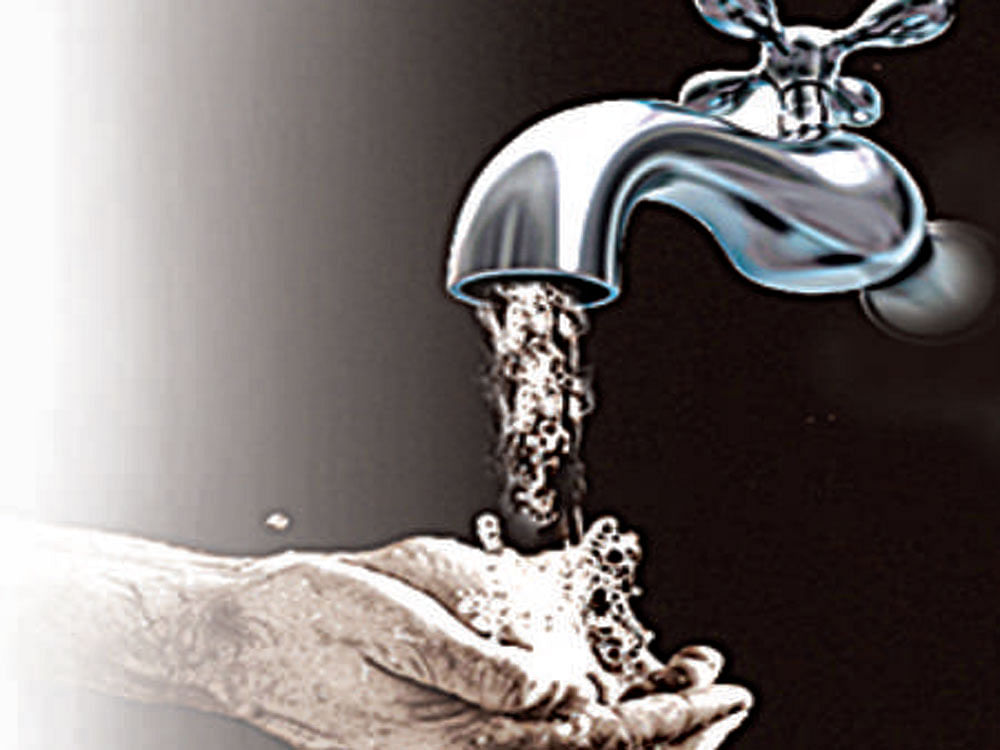
Lakhs of Bengalureans are consuming hard water with a high amount of dissolvable materials in it. Even the water supplied by the BWSSB in several parts of the city is unfit for drinking, a study by a private company shows.
The study was conducted by Brita, a German company that specialises in water filters, by drawing samples from 1,423 houses and testing them for potability.
In a statement, the company said Bengaluru’s sprawling growth had a direct impact on the quality of water supplied to its residents. “The survey results suggest about 13.14% of the samples had the high level of total dissolvable solids (TDS) while a staggering 24.03% of the samples showed a higher level of hardness in water,” it said.
TDS includes inorganic minerals like calcium, magnesium, potassium, sodium, bicarbonates, chlorides and sulfates that can cause various health problems. The samples contained TDS levels higher than the permissible amount of 500 mg per litre.
About 61% of borewell water and 17% of the water supplied by BWSSB had the high amount of TDS.
When it comes to hardness, 49% of the samples that exceeded the permissible levels were sourced from borewell water whereas 26% of the BWSSB water also had similar levels of hardness.
High TDS was found in water from Banaswadi, Jakkur, Jalahalli, KR Puram, Kaggadasapura, Rajarajeshwari Nagar and Banashankari among more than 20 other places. Water from RT Nagar, Yeshwantpur, Peenya, Kammanahalli and Ramamurthy Nagar among other areas had high levels of hardness.